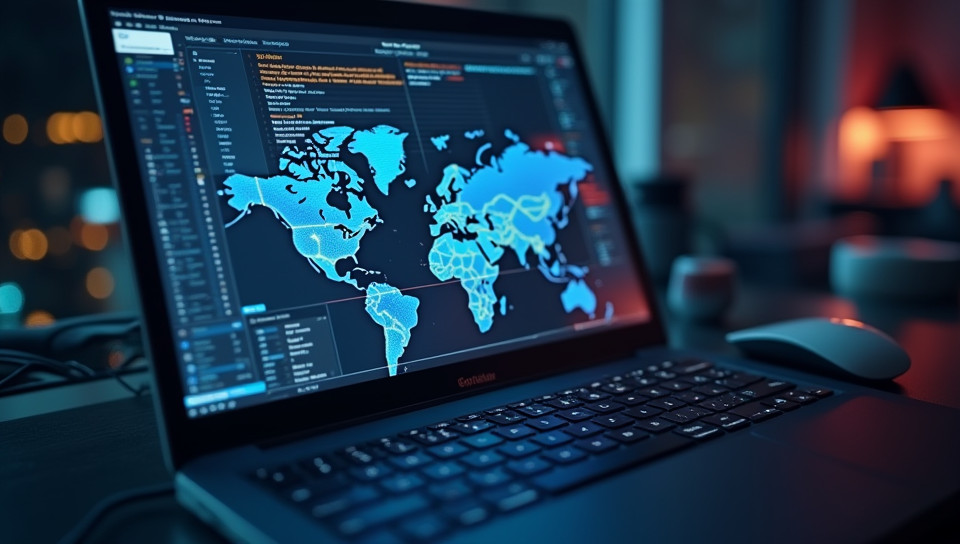Internet speeds could decrease to control content 84%

The Internet's Double-Edged Sword: How Slower Speeds Could Become the New Normal
As we continue to rely on the internet for an increasing number of aspects in our lives, from communication and entertainment to education and commerce, concerns about its governance have grown exponentially. With great power comes great responsibility, and the question remains: who should control what content is accessible to us? A growing debate suggests that internet speeds could decrease as a means to exert greater control over online content.
What's Behind the Proposed Change?
In recent years, the conversation around net neutrality has been ongoing, with some arguing that equal access to all websites and services is essential for promoting innovation and competition. However, others claim that allowing internet service providers (ISPs) to prioritize certain types of traffic over others could improve performance and security.
The Potential Consequences
- Reduced accessibility to content: A decrease in internet speeds would make it more difficult for users to access online information, hindering their ability to stay informed about current events or seek medical guidance.
- Increased costs for consumers: ISPs might charge extra fees for faster speeds or prioritize certain types of traffic over others, placing a financial burden on consumers who cannot afford the higher costs.
- Stifled innovation: A more restrictive internet environment could lead to a lack of investment in new technologies and services, ultimately slowing down the pace of progress.
The Role of ISPs
Internet service providers have long been the gatekeepers of online content. With their newfound ability to prioritize certain types of traffic over others, they will play an even more significant role in shaping our digital experience. However, it is crucial that they do so with transparency and accountability, ensuring that all users have access to a fair and equal internet.
Conclusion
The prospect of slower internet speeds may seem like a minor inconvenience at first glance, but its implications are far-reaching and profound. By acknowledging the potential consequences of this shift in control, we can begin to navigate the complex landscape of online governance and work towards creating a more inclusive and equitable digital environment for all users.
- Created by: Adriana Ferreira
- Created at: Sept. 17, 2024, 9:37 p.m.
- ID: 9974


